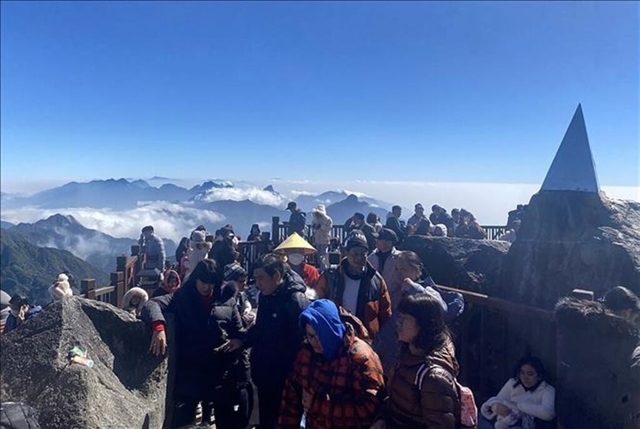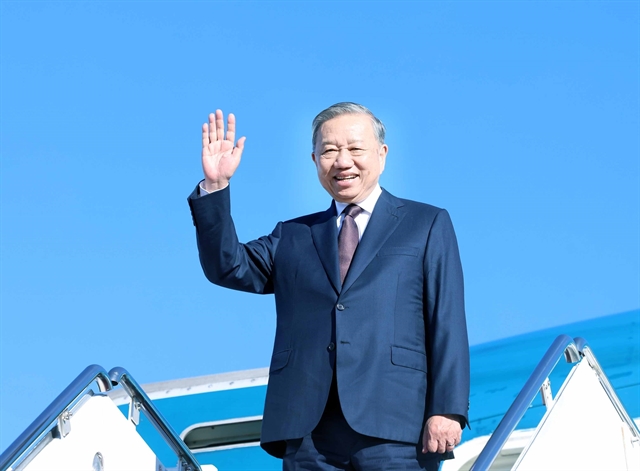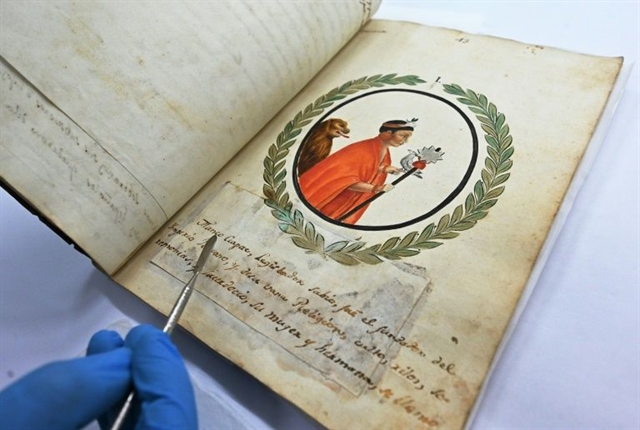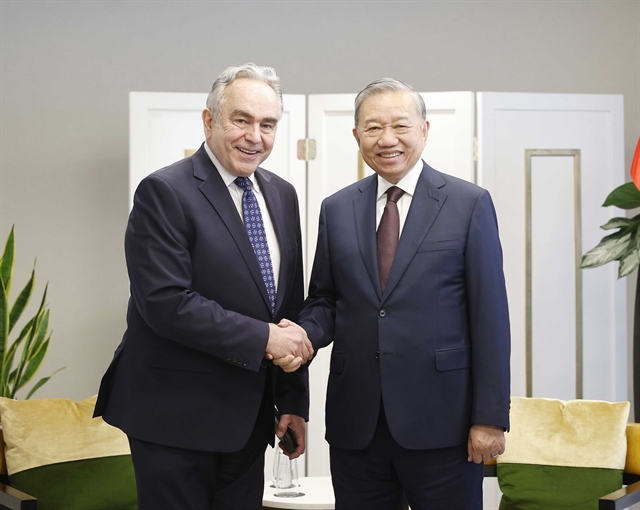 Life & Style
Life & Style


|
| The priceless manuscript was stolen during the Chilean occupation of Lima from 1881-83 and it took almost 140 years to secure its return. — AFP/VNA Photo |
LIMA — Peru unveiled a priceless manuscript containing the memoirs of former Inca leaders that had disappeared during Chile's occupation of Lima during the 1879-84 Pacific War.
The manuscript -- called "Memories of the Peruvian monarchy or outline of the Inca's history" -- was written in the 1830s by Justo Apu Sahuaraura Inca (1775-1853), a descendent of the Inca emperor Huayna Capac (1493-1525).
"The value of this document from 1838 is incalculable. It was always considered an extremely rare jewel of a document, we don't have another of its type," Gerardo Trillo, director of the Protection of Collections at Lima's National Library, said about the manuscript that was found in Brazil.
Sahuaraura was a member of the indigenous nobility in Cusco, the old Inca capital, and dedicated his time to preserving the memory of the Inca empire, which lasted 100 years between the 15th and 16th centuries and covered a vast area from the south of Colombia to the center of Chile.
The author styled himself as "the last descendent of the Inca's imperial line."
In the manuscript he traced Inca history until the arrival in South America of the Spanish colonizers, using now extinct documents.
The text includes information about Inca Garcilaso de la Vega, the son of a Spanish conquistador and Inca noblewoman, thought to be the first mixed-race person in the history of the Americas.
The manuscript also includes accounts of the Spanish conquest of Cusco, as well as an Inca chronology.
"It's a pretty rare and strange manuscript because it has coloured sheets that represent the different Incas," said Trillo.
He said the manuscript was stolen from the National Library during the Chilean occupation of Lima from 1881-83, a war that pitted Peru and Bolivia against Chile.
Chile has returned more than 4,500 books taken from Peru's National Library during the occupation.
However, this manuscript was acquired in 1970 by Brazilian private collectors, who agreed in November to return it to its rightful owners.
"It took a decade of negotiation for this manuscript to be returned," said Trillo.
It has since been digitalised and can be consulted online. — AFP



.jpg)
